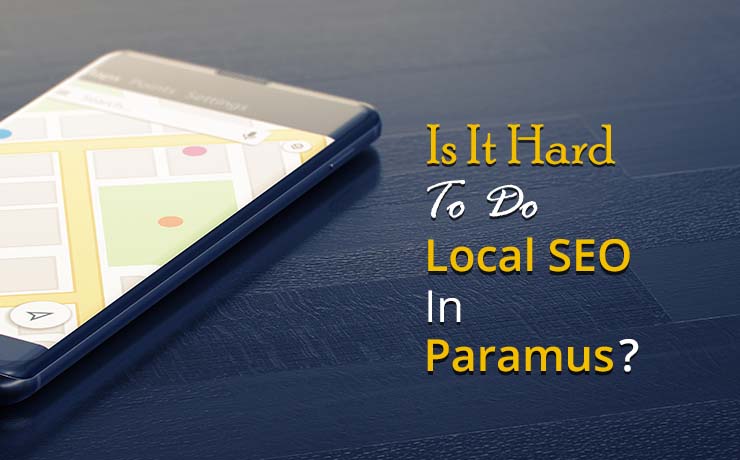A Basic Introduction To Link Building

Chad Faith
Director of Content

Link building is the process of collecting links, with the intention driving more traffic to a website. In other words, by getting other webmasters to add links to your website on their pages, you can thereby increase the number of people who find your site as a result. More importantly though, building inbound links of this nature will also help you to improve your search engine optimization.
This is because Google thinks of links as testimonials – the more links you have pointing at your site, the more ‘authority’ you will appear to have and the more ready to show your site to their visitors Google will be. At the same time, link building creates more ‘in-roads’ to help Google’s ‘robots’ or ‘spiders’ to find your website. The more links point at your site, the more likely Google is to find it and then index it and all the pages therein.
So building links is important. The only question then is, how do you go about doing that?
The Right Links
Before you begin, it’s crucial to recognize that quality is actually more important than quantity when it comes to the links you build. In other words, it’s preferable by far to have just a few great links, as opposed to hundreds of bad links. In fact, building the wrong kind of links can get your site penalized.
What constitutes a ‘bad’ link? One example would be a link on a site that isn’t relevant at all to the content/niche of your site. Another example would be to build hundreds of links, all with the same anchor text. The latter strategy has the effect of making it appear that you are trying to manipulate your ‘links profile’ rather than encourage people to link to you naturally.
Finally, paid links should also be avoided. If Google find out that you are paying for links in a bid to increase your ranking, then you can face harsh penalties.
How to Build Links
So if you can’t pay other sites to link to you, how do you encourage them to do so? There are a few possible options.
One option is to exchange a link to your site for content. This is called guest posting and here you will write an article that would be good for the site you’re targeting and then offer to give it to the site for free in exchange for a link back to your site. This works because you get a link to your site on a page with highly relevant content and because you are also getting to promote your blog through the article and through any bio you’re permitted to add. That said though, Matt Cutts has recently warned about the dangers of guest posting in a ‘spammy’ fashion.
Another method is to make articles that are ‘link bait‘. This basically means your content will be designed in such a way that it will attract genuine, organic links. For instance, if your post is a highly detailed resource, then bloggers and forum members might link to you to help people learn the basics of a subject. Similarly, if an article is very funny or very informative, someone might share it on social media for their friends’ entertainment. As with all online marketing work then, the real goal should be to provide value.
 Free
Consultation
Free
Consultation Free
Google Ads Audit
Free
Google Ads Audit







